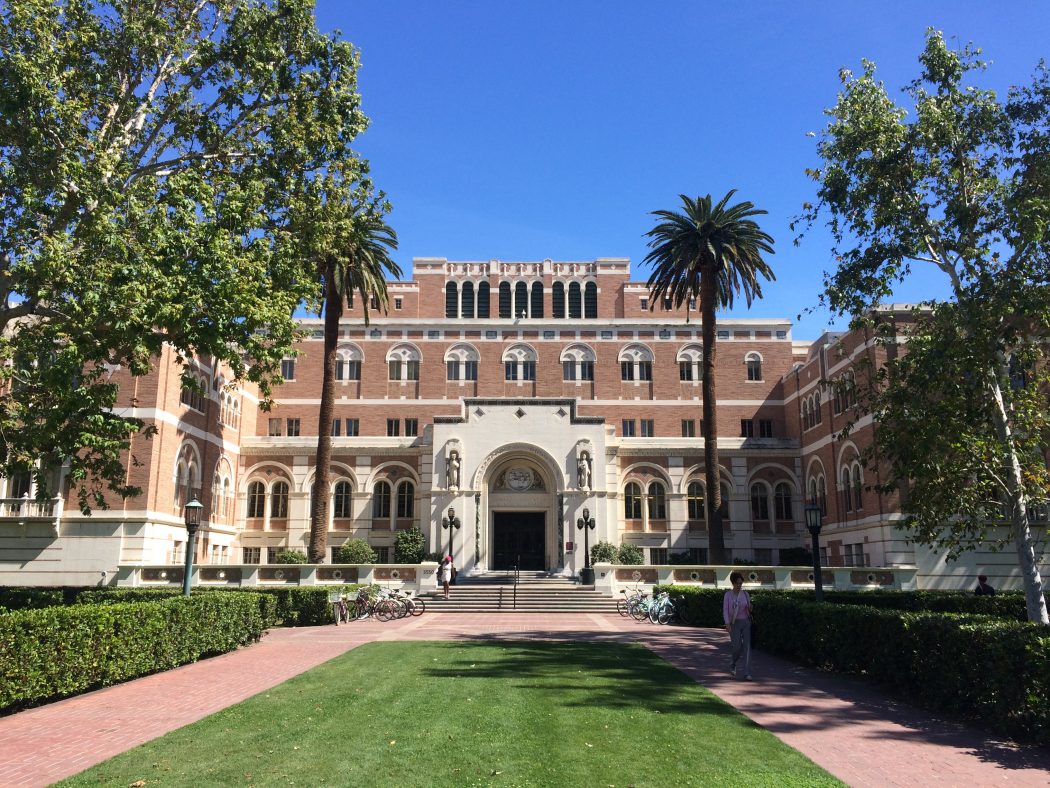U.S. federal prosecutors recently charged 50 people with involvement in elaborate college admissions schemes that essentially allowed wealthy families to pay their children’s ways into the freshmen classes at various highly-ranked universities. Among those charged are prominent business leaders and celebrities, and implicated too are the bribed college athletic coaches, who greased the admissions process by giving some of these students fabricated positions on their sports teams.
The case involves schools like Yale, Stanford, and the University of Southern California. In the latter case, one well-known family wired $200,000 into a special account to procure for their child a spot on the rowing team, despite the fact that that child had no experience with the sport. (The parents even went to the length of sending photographs of another person in a boat to supplement this request). In fact, the situation goes beyond bribery and falsified photos, with other families accused of abetting cheating on college entrance exams like the ACT and SAT.
To those well-versed in the American college admissions process, this news does not come as much of a surprise. A degree from one of these top universities has long been regarded as a sign of status and prestige, evidenced by the increasing difficulty of admission. As someone who has gone through both the American and Canadian systems, I have seen the stark differences – and ugly similarities – between these two processes and how they are often cheated by wealthy families. The truth is that this latest round of indictments reveals a much larger problem within the college/university admissions system: it is fraught with class distinctions that inevitably favour the rich.
To those well-versed in the American college admissions process, this news does not come as much of a surprise.
The influence of wealth on admission is not just evident through blatant illegality like in the above cases. Children of wealthy parents are given numerous opportunities that result in impressive resumés for their college applications – opportunities that are unavailable for low-income students who might have to work during their time off from school, or who go to underfunded schools that may not provide the extracurriculars that would allow them to stand out. Having attended an expensive private high school where I had connections to such internships, I know first-hand how strongly these activities can affect college admissions.
Wealthy families can also quite literally pay their child’s way into university legally, like through donations or extensive legacy status that is almost exclusive to the upper class. At my own private high school, there were constant rumours and speculations around college admissions time, as kids of greater means, who did not appear to excel in school, were ‘mysteriously’ granted spots at elite schools while other students were rejected. Of course this was not the case across the board, but year after year, likely unqualified students were admitted to colleges with the help of their parents’ money.
Even with affirmative action policies that specifically seek to accept low-income students and students from underprivileged groups, the advantages that wealthy families have over poor ones make it far from an even playing-field. These policies are often criticized for giving spots to students who might be slightly under-qualified, but in truth, students who are untalented yet wealthy are far more often to blame for taking admission away from their peers.
Of course this was not the case across the board, but year after year, likely unqualified students were admitted to colleges with the help of their parents’ money.
The Canadian university system differs greatly from its American counterpart. The college admissions process is much simpler, often relying purely on academic performance, and there is not nearly as much leeway for corruption and bribery. On top of this, in the country at large, there does not exist the same overemphasis on where one’s undergraduate degree was obtained. However, Canadian students are not wholly exempt from class privilege. Like in the U.S., the fact here remains that wealthier students have the advantage of being able to afford test prep and tutoring, helping them to improve their academic standing.
This recent admissions scandal reveals more than the faults of this select group of elite parents; it exposes the ongoing flaws of a college/university system that favours the rich and further bars the poor from access to prestigious education. So the real question we’re left with is, what is going to happen to this demonstrably unequal, yet eminently legal system now? How do we dismantle a system so deeply rooted into American society?
A complete restructuring of the college admissions process that prevents wealth from advantaging some students requires not just a change in policy, but a change in mindset.
Perhaps this round of indictments will catalyze some actual changes to take place, like a more thorough crackdown on the rampant colluding between parents and university workers. Maybe more schools will consider eliminating the SAT and ACT from their admissions requirements, as Wesleyan, American University, and others have already done. These indictments will also likely deter similarly desperate parents from taking illegal steps to get those coveted spots in the future.
Nonetheless, a complete restructuring of the college admissions process that prevents wealth from advantaging some students requires not just a change in policy, but a change in mindset. Rather than treating universities as symbols of status, we must regard them as meritocratic institutions that exist to benefit even the most underprivileged groups.








